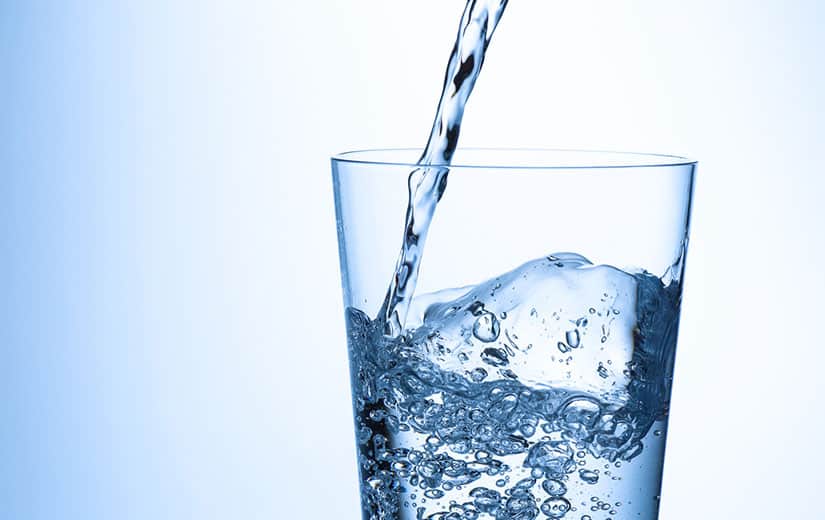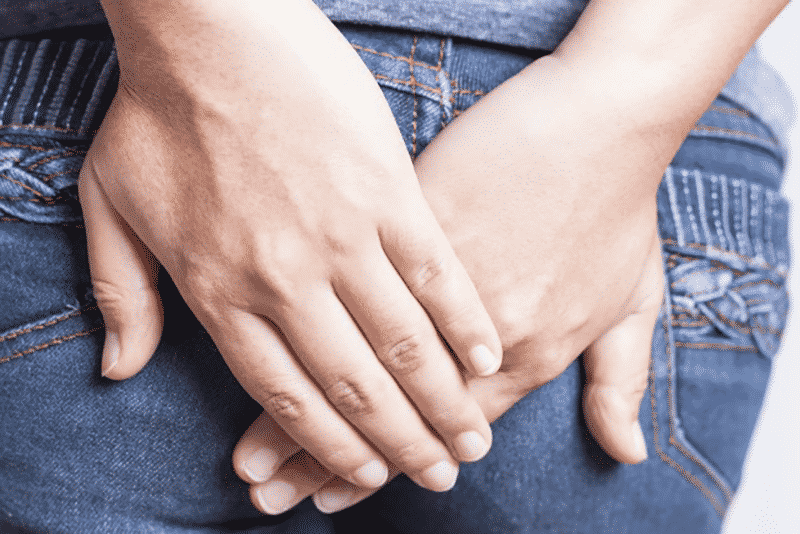Many people are affected by this feeling of pressure, especially those who suffer from earaches or sinusitis. So what are the practical ways to limit this unpleasant impression in the ear? How to find appropriate solutions to regain health?
Summary
What is the feeling of pressure in the middle ear?
The feeling of pressure in the middle ear is a very common symptom that causes many discomforts to millions of people around the world. The cause is usually related to a buildup of fluid in the inner ear or sinus problems.
These symptoms can be very unpleasant, resulting in dull pains in the eardrum, or constant and intense headaches. Often, they can also be associated with one or more of the following ailments: pain in the eardrum, drowsiness, dizziness, dizziness, hearing loss or the impression that the head is stuffed with cotton wool, or that the ear is clogged (like when you take the plane).
What are the factors that can contribute to the feeling of pressure in the middle ear?
The feeling of pain in the ear and head is a very unpleasant phenomenon and can be very annoying. It manifests itself in particular in the form of buzzing, dizziness or even a loss of balance. This pressure can be linked to an ENT problem, or to deeper causes, such as high blood pressure, stroke, tumor, head trauma or even lack of sleep. As a rule, the pressure also manifests itself more frequently after stressful situations or intense physical activities. It can be very disabling and not allow you to accomplish the tasks of the day.
Fortunately, there are simple, natural ways to manage hearing pain. For many years, alternative medicine has offered various complementary treatments for the symptoms of pressure in the ear and head. Conventional ENT medicine has also developed several treatments available in pharmacies, which can be used to treat these symptoms.
What treatments are available to relieve the feeling of pressure in the ear and head?
There are several possible treatments to reduce pressure-related pain in the ears and head. One can in particular find drugs that act on congestion, such as nasal decongestants based on pseudoephedrine. There are also medicines based on paracetamol or ibuprofen to treat pain and inflammation.
Natural methods such as yoga, meditation and massage are also very effective in reducing pressure in the ear and head. They help relax the body and reduce the stress and anxiety that can contribute to these symptoms.
In some cases, self-help techniques can be helpful in dealing with pain. For example, one can try to breathe deeply and slowly, to concentrate on one’s breathing and to relax.
If the pain persists, you should consult your ENT doctor for proper diagnosis and treatment. It will help you identify and treat the underlying causes of pressure in the ear and head, such as allergies or ear infections. Surgical procedures may also be offered, including for sinus disease and otitis.
What other tips can you follow to prevent the impression of pressure in the ear?
A feeling of pressure in the ear and head is a common symptom. Fortunately, there are ways to prevent this symptom on a daily basis:
- Keep your body well hydrated to avoid pain related to pressure in the inner ear and in the eardrum, as well as sensations of sinusitis or allergies (aggravating factors).
- Eat a healthy, balanced diet rich in fresh fruits and vegetables, lean protein, and low-fat dairy products.
- Regular exercise can also help prevent symptoms. They help eliminate toxins from the body, strengthen the immune system and improve blood circulation.
- Maintain a home and work environment free of pollutants and allergens. Irritants such as cigarette smoke and dust can make symptoms worse.




